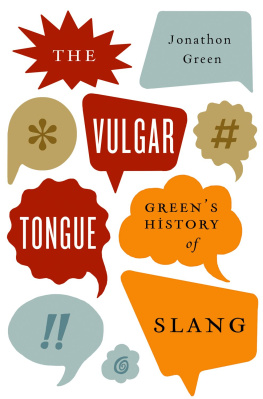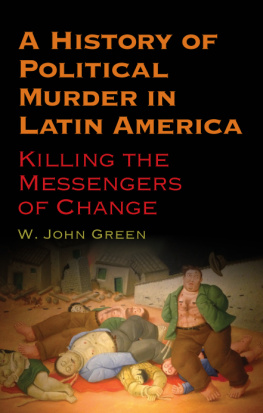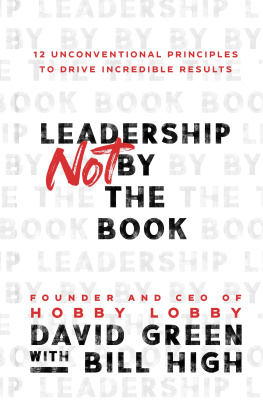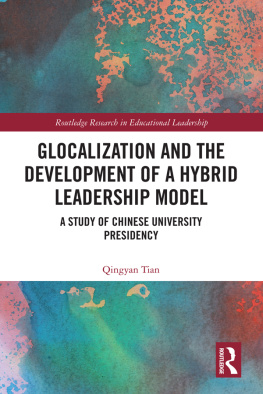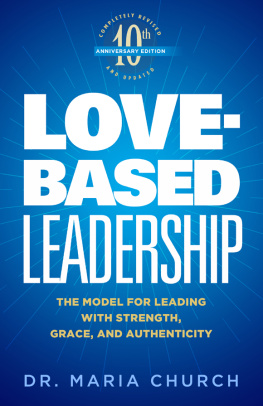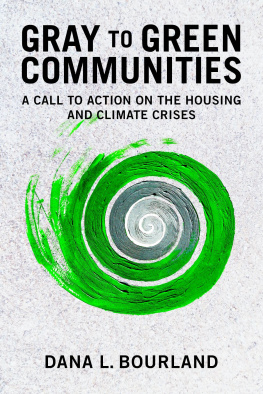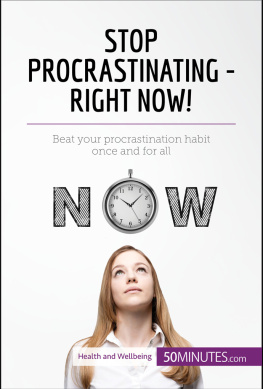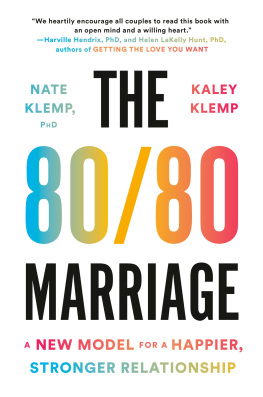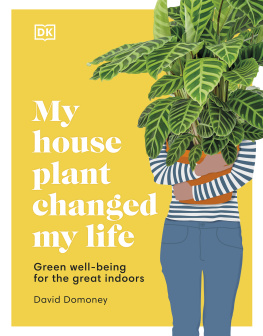Green - The Age Of Wellbeing : A new leadership model for a happier world
Here you can read online Green - The Age Of Wellbeing : A new leadership model for a happier world full text of the book (entire story) in english for free. Download pdf and epub, get meaning, cover and reviews about this ebook. year: 2021, genre: Home and family. Description of the work, (preface) as well as reviews are available. Best literature library LitArk.com created for fans of good reading and offers a wide selection of genres:
Romance novel
Science fiction
Adventure
Detective
Science
History
Home and family
Prose
Art
Politics
Computer
Non-fiction
Religion
Business
Children
Humor
Choose a favorite category and find really read worthwhile books. Enjoy immersion in the world of imagination, feel the emotions of the characters or learn something new for yourself, make an fascinating discovery.

- Book:The Age Of Wellbeing : A new leadership model for a happier world
- Author:
- Genre:
- Year:2021
- Rating:3 / 5
- Favourites:Add to favourites
- Your mark:
- 60
- 1
- 2
- 3
- 4
- 5
The Age Of Wellbeing : A new leadership model for a happier world: summary, description and annotation
We offer to read an annotation, description, summary or preface (depends on what the author of the book "The Age Of Wellbeing : A new leadership model for a happier world" wrote himself). If you haven't found the necessary information about the book — write in the comments, we will try to find it.
Green: author's other books
Who wrote The Age Of Wellbeing : A new leadership model for a happier world? Find out the surname, the name of the author of the book and a list of all author's works by series.
The Age Of Wellbeing : A new leadership model for a happier world — read online for free the complete book (whole text) full work
Below is the text of the book, divided by pages. System saving the place of the last page read, allows you to conveniently read the book "The Age Of Wellbeing : A new leadership model for a happier world" online for free, without having to search again every time where you left off. Put a bookmark, and you can go to the page where you finished reading at any time.
Font size:
Interval:
Bookmark:

- Inspiring positive change in both people and process . Providing people with a vision of a better place to be and then defining the best path to get there.
- Systemic . It doesnt happen in a vacuum. Leadership attributes, characteristics, styles, personalities and behaviours all need to relate to and consider the system in which they operate. This includes culture, processes, people, customers, communities and even the world at large.
- More courageous . We are facing unprecedented times where we will have to make some stark choices that will not always be popular. Leaders will require strong values, courage, and the skills to carry people with them.
- Introduce you to this new model of leadership.
- Help you review your current performance using the model.
- Help you set goals and take action in areas youd like to improve on.
Font size:
Interval:
Bookmark:
Similar books «The Age Of Wellbeing : A new leadership model for a happier world»
Look at similar books to The Age Of Wellbeing : A new leadership model for a happier world. We have selected literature similar in name and meaning in the hope of providing readers with more options to find new, interesting, not yet read works.
Discussion, reviews of the book The Age Of Wellbeing : A new leadership model for a happier world and just readers' own opinions. Leave your comments, write what you think about the work, its meaning or the main characters. Specify what exactly you liked and what you didn't like, and why you think so.


